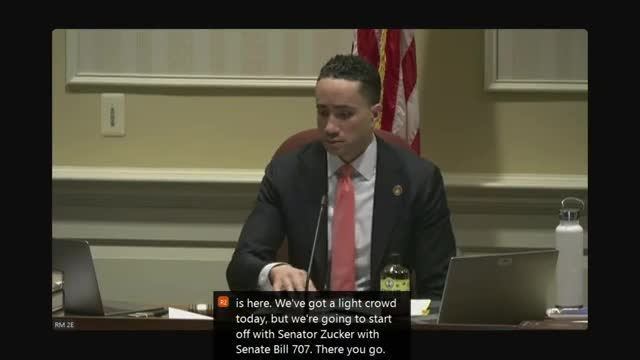Article not found
This article is no longer available. But don't worry—we've gathered other articles that discuss the same topic.
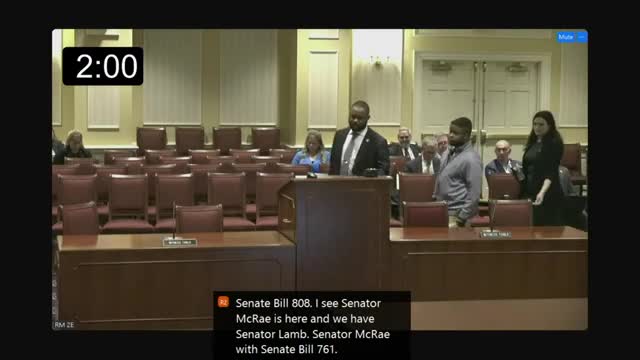
Sponsors ask committee to let courts offer installment plans for automated enforcement and toll debts
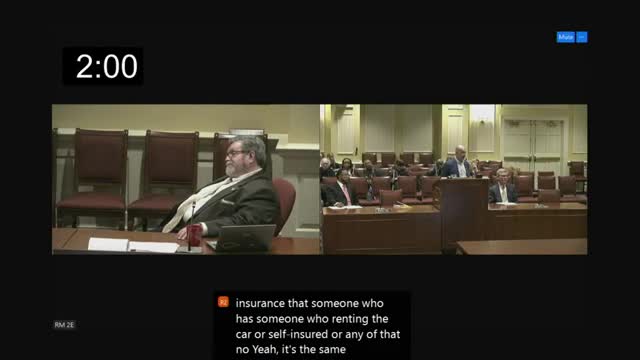
Long hearing on bill to authorize fully autonomous vehicles and set regulatory framework
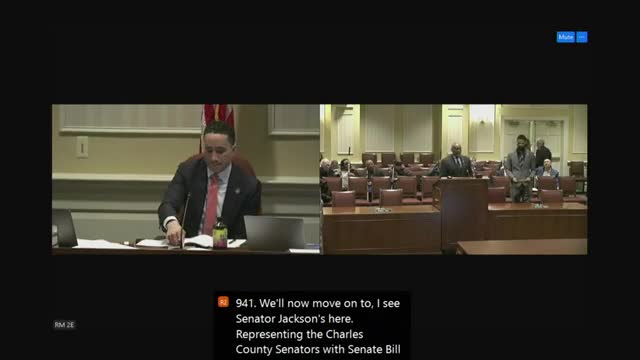
Charles County senators back local bill to allow county regulation of off‑highway vehicles
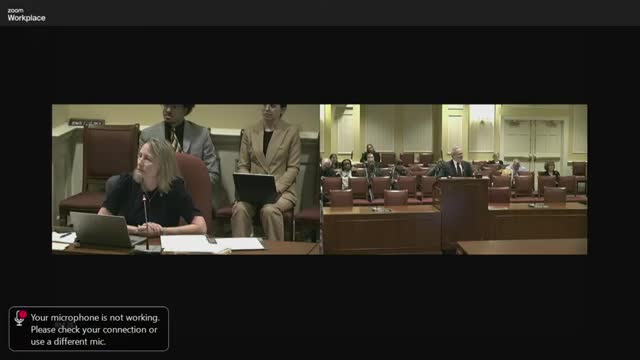
Senator introduces biannual safety inspection proposal for vehicles older than six years
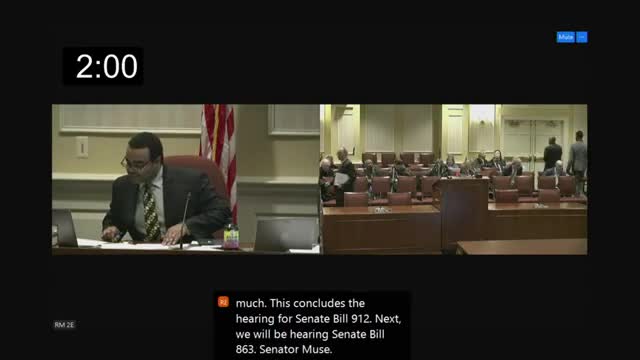
Bill would let rental fleets use stickerless registration and dedicated fleet plates
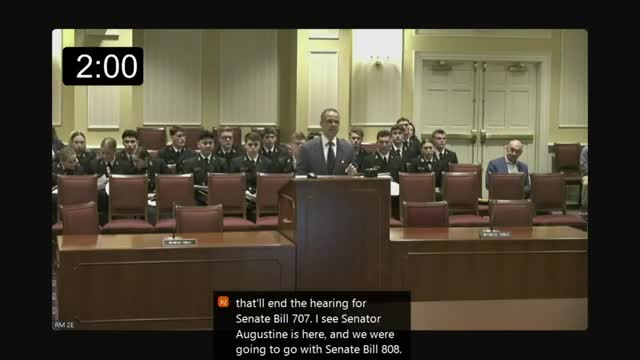
Bill would expand stop‑sign cameras to school bus stops in Prince George's County
